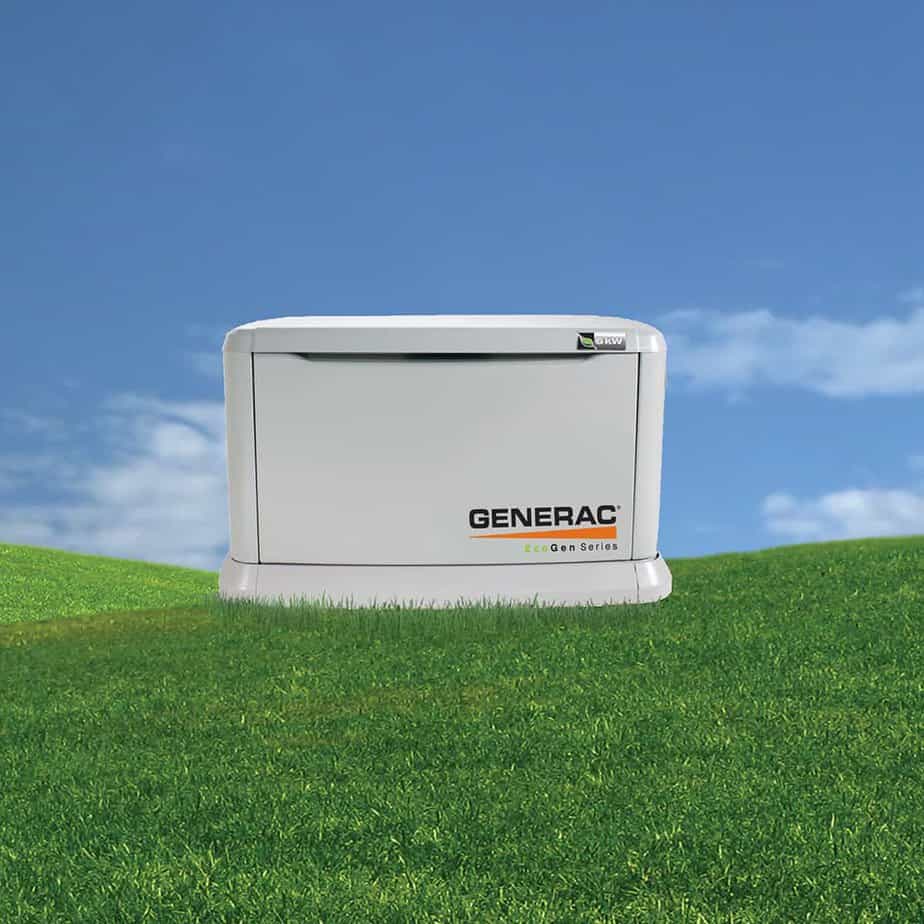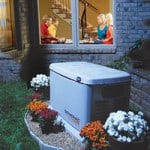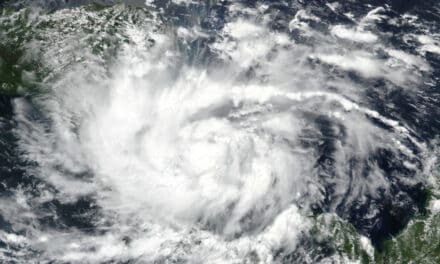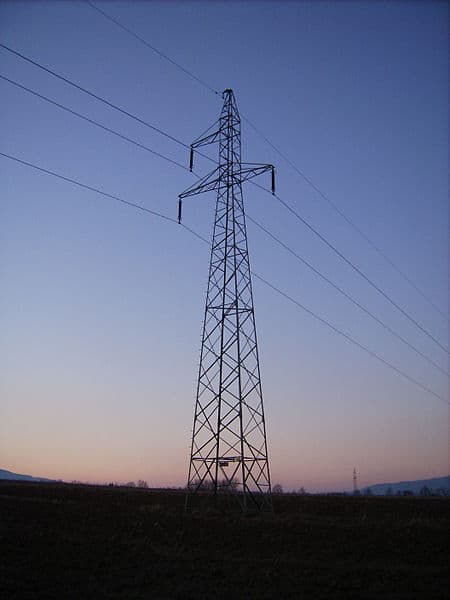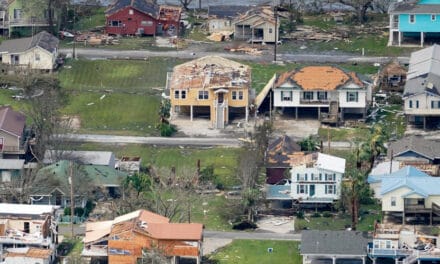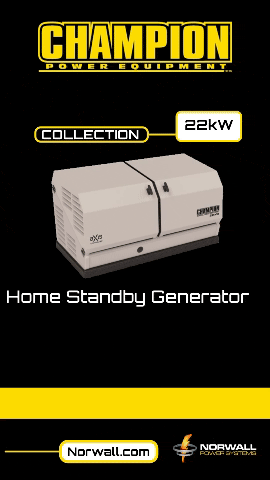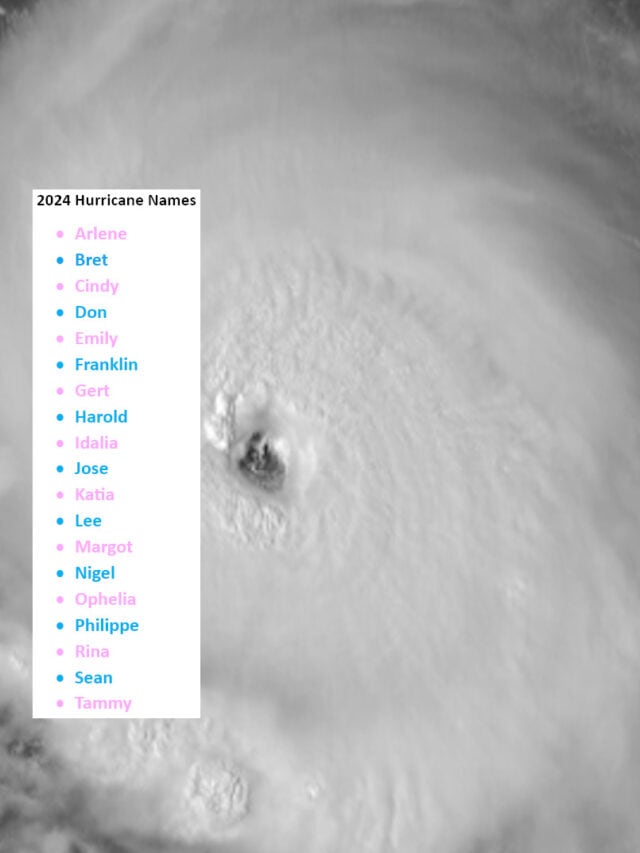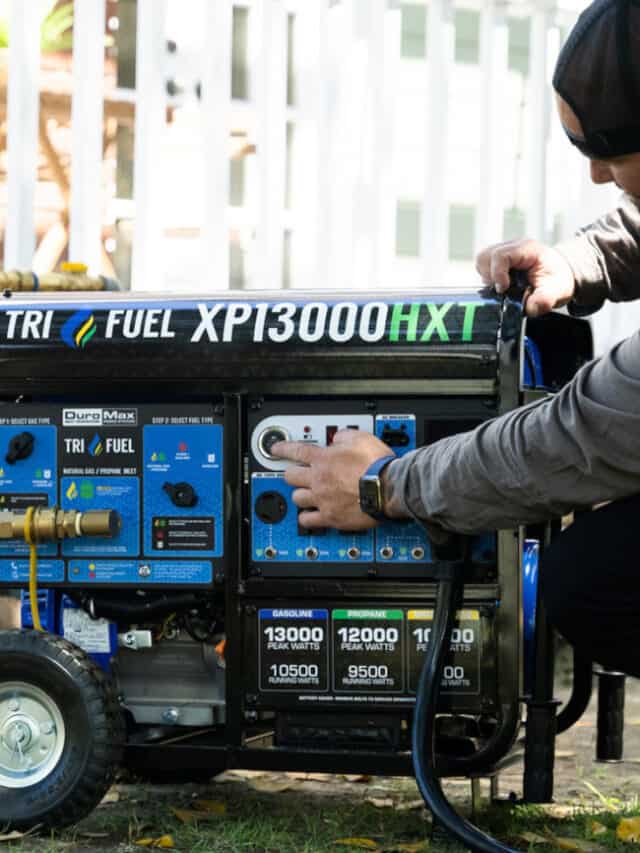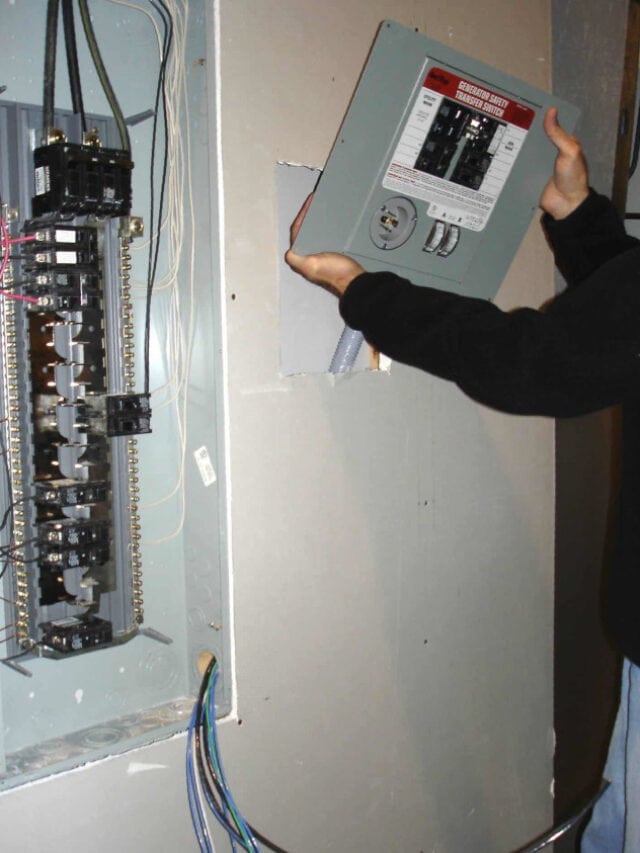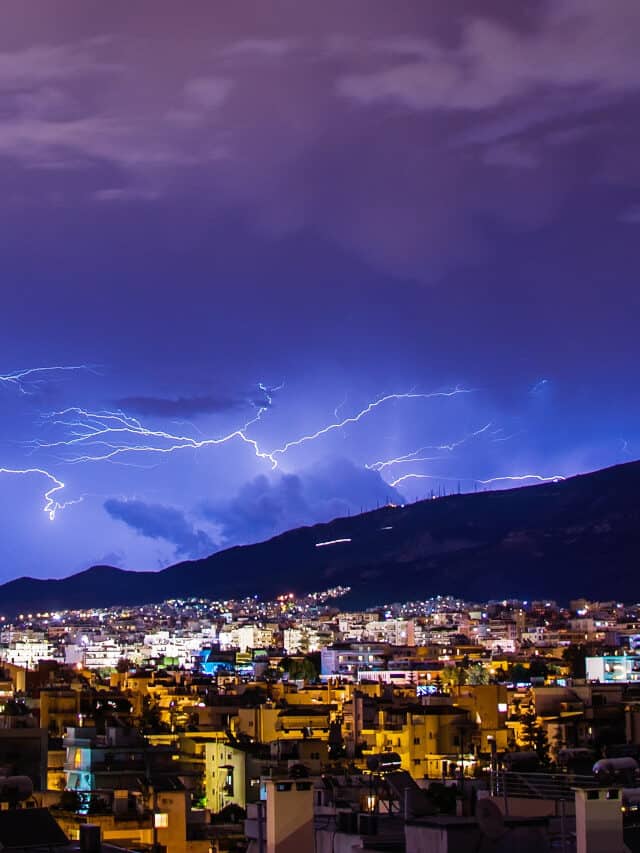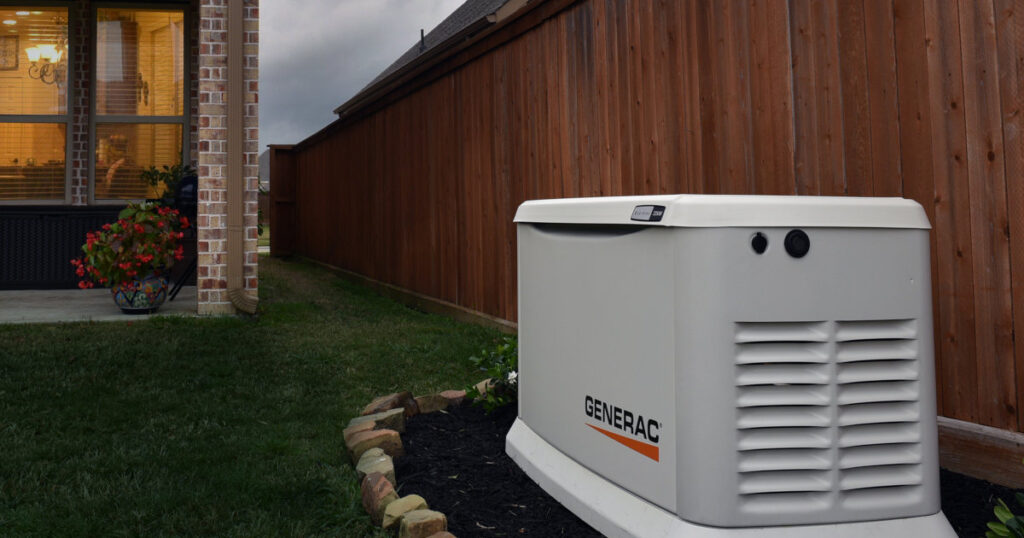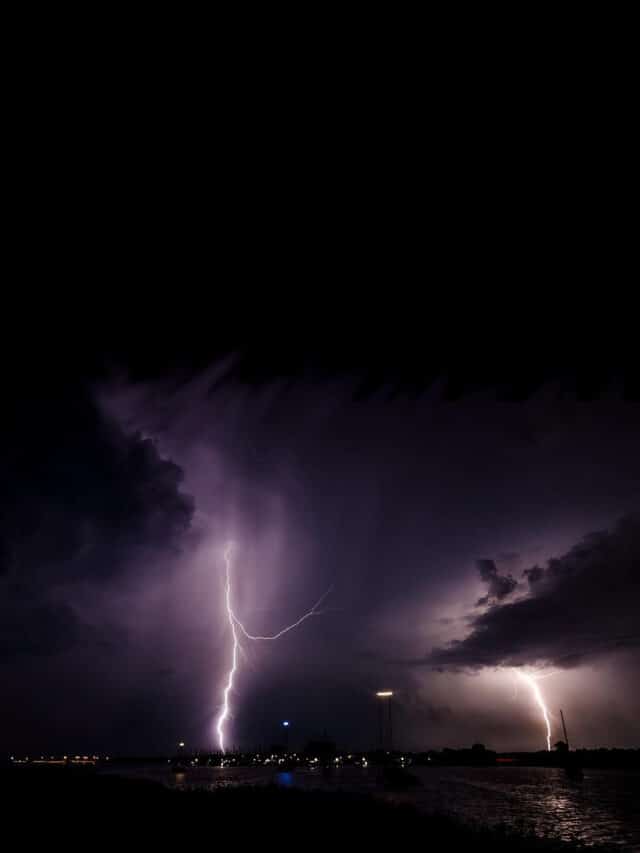In the United States, electrification of households began around 1905. By 1930, 70 percent of all U.S. homes located in cities had electricity. The Rural Electrification Act of 1936 provided for the distribution of power to rural farms and homes, and by 1940, nearly 35 percent of rural America was equipped with electrical power. The electrification of the United States was nearly 100 percent complete by 1950.

Hotel at Night
In the late 1800s and early 1900s, hotels and businesses operated generators using steam powered turbines. It was economically feasible because the business would reuse the steam to heat the building. The practice died out as power distribution became widespread.
In the beginning, electricity was an extravagant luxury used mainly for lighting. Later it became a convenience that was nice to have. Today, electricity is no longer a convenience, but a necessity. Homes depend on it to power various appliances that keep us and our property safe and secure.
Electricity is a Necessity
Electricity has come a long way since it was a luxury in the early twentieth century. America depended on passive heating systems to keep homes warm and used blocks of ice harvested in the winter to keep food cool. Water was pumped by hand when it was needed. Basements were damp areas unsuitable for use as living space.
Today, most homes use some form of heat distribution to maintain a constant, comfortable temperature. Refrigerators run off compressors run by electric motors with fans to move the cold air around. Water comes to us from a public supply or from a well where it is pumped by a motor. We keep basements dry and usable with sump pumps that move water and moisture away from the foundation. Air conditioners dry the air and help prevent mold growth.
Homes have become dependent on electricity. Without it, we don’t have heat in the winter or cool air in the summer. Our food spoils, some homes won’t have water, and basements can flood or the dampness encourages dangerous mold growth. Without water, we don’t have sanitation.
Life has changed and very much for the better. However, we depend on the electric utility for a reliable, continuous supply of electricity to power our homes and lives, and sometimes, the distribution system breaks and the only recourse is to live without, or use a generator to produce your own power.
Home Generators
Two kinds of generators can provide emergency power. A portable generator will do the job if it is large enough, but it requires frequent refueling, large stores of fuel, and manual starting. A standby generator runs on natural or LP gas, starts and runs automatically, and requires little human intervention. It protects your home even when you are not home.
Imagine these scenarios:
- You leave on week-long winter vacation and the next day, a winter storm knocks out power. The pipes freeze and break, then thaw when the power comes back on, and the broken pipes flood your home. A week later, you return to a disaster and thousands of dollars in damage.
- A major power outage knocks out power during a severe summer storm. Crews work overtime, but it is a week before power is restored. Meanwhile, the basement floods and mold grows rapidly in the heat and humid environment. Without a sump pump and air conditioner, your home quickly becomes uninhabitable.
The Next Must-Have Appliance
Not having electricity is more than an inconvenience. A power outage threatens the lives of those who depend on medical equipment. It can damage our homes and make them unlivable, or make staying home very uncomfortable at best.
In the United States, there were 27 major power outages in 2011. Five of those outages knocked out power to more than 1.5 million people. Some lasted for days or weeks. Hurricanes, earthquakes, tornadoes and everyday storms threaten the power grid and the supply of electricity to the homes that depend on it.
Electric generators for homes negate the effects of a power outage and keep our homes safe, comfortable, and protect our families and property alike. More than a convenience, they have become a necessity.

